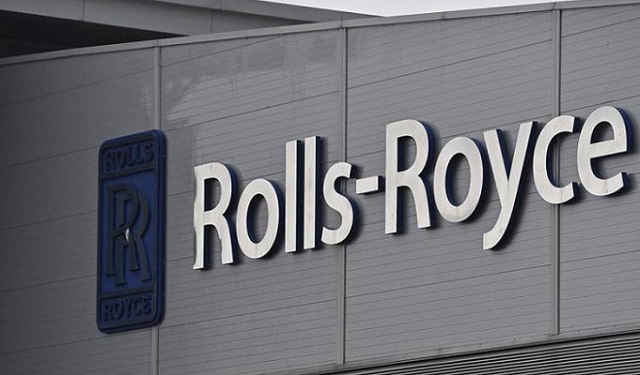
London, United Kingdom | AFP | Rolls-Royce powered back into profit during the first half, propelled by strong deliveries for its Trent aircraft engines, lifting its share price almost ten percent Tuesday.
Net profit stood at £1.58 billion ($2.1 billion, 1.77 billion euros) in the six months to June 30 compared with a loss after tax of £1.77 billion in the first half of 2016, Rolls said in an earnings statement, with the group boosted also by a recovery for sterling against the dollar.
“Civil aerospace large engine deliveries increased 27 percent,” Warren East said in the release, adding that the group’s savings from a restructuring programme were ahead of plan.
“Our strengthened management team is making good progress in simplifying the organisation and driving the pace of necessary change to develop a more resilient and sustainable business,” he added.
Rolls said revenues grew 17 percent to £7.6 billion in the reporting period, helped by strong sales for its Trent XWB engines that power the Airbus A350 extra wide-bodied passenger plane.
The British group’s share price surged 9.6 percent to 973.50 pence to sit atop London’s benchmark FTSE 100 index, which was up half-a-percent overall at 7,409 points.
“With cost-cutting continuing, and production of the flagship Trent engines ramping up, there are plenty of reasons for investors to be positive,” said George Salmon, equity analyst at stockbroker Hargreaves Lansdown.
East is shedding 3,600 jobs as part of his restructuring programme implemented since starting as chief executive two years ago.
Rolls-Royce last year slumped into a record £4-billion annual net loss, ravaged by a Brexit-fuelled collapse in the pound and a corruption fine.
In 2016, Rolls took a vast £4.4-billion hit from the drop in the value of the pound in the wake of Britain’s shock EU exit referendum, alongside a £671-million penalty to settle bribery allegations.
“Since the end of 2016, the value of sterling relative to the US dollar strengthened by around five percent to the end of the first half, compared to the prior period in which sterling depreciated by around 10 percent,” Rolls noted in Tuesday’s statement.
Last year’s sterling slump ramped up the cost of imported materials for Rolls, forcing the company into its deep loss.
 The Independent Uganda: You get the Truth we Pay the Price
The Independent Uganda: You get the Truth we Pay the Price





